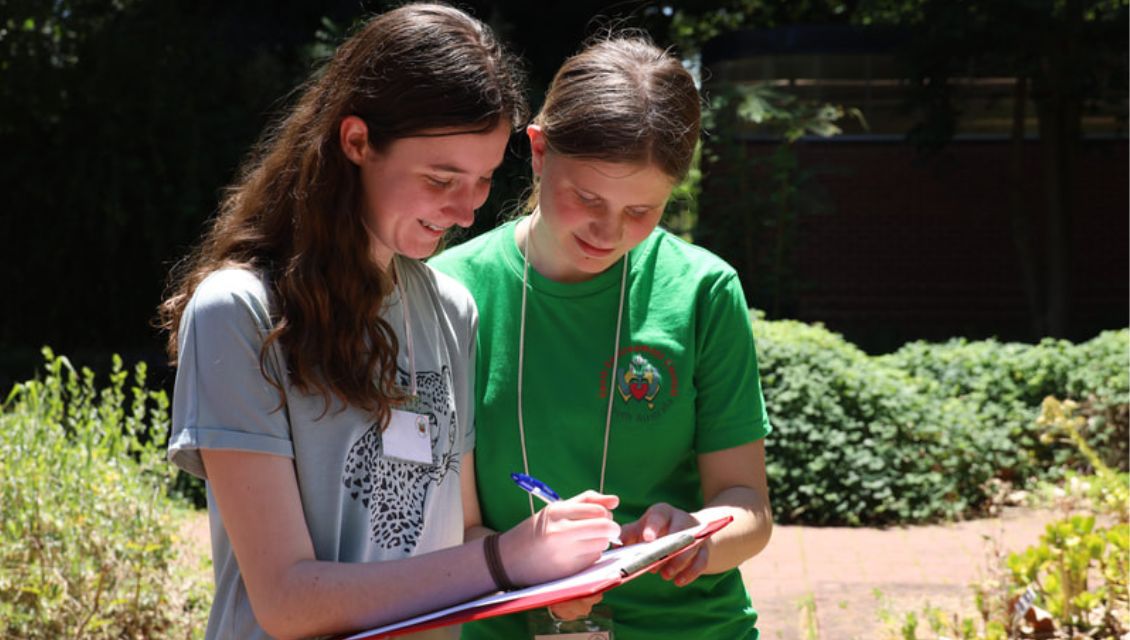
One year on from a ban of mobile phones in South Australian public secondary schools and the state government is declaring the scheme a success.
According to new data, the ban has led to a significant improvement in student behaviour and interactions.
Department for Education data shows there has been a 63 per cent decline in critical incidents involving social media in terms 1 and 2 of 2024 – compared to the same period in 2023, before the ban was in place.
This includes cyber bullying, circulation of explicit issues, derogatory content being posted online or other concerning online behaviour.
The data also shows that most of the issues reported in this category have taken place off site or outside of school hours.
There has also been a decline over the past 18 months in reports made to the department centred on students not complying with the policy or overall behaviour involving phones, along with a reduction in incidence of violence, particularly involving kicking or punching.
This includes:
- 54 per cent fewer behavioural issues during term 1 and 2 2024 compared to term 1 and 2 2023
- 44 per cent fewer policy compliance issues during term 1 and 2 2024 compared to term 1 and 2 2023
- 10 per cent fewer violent incidents during term 1 and 2 2024 compared to term 1 and 2 2023.
The policy was introduced in a staged way, with some high schools choosing to bring the ban in earlier. It applies to mobile phones and personal devices including smart watches, iPads, tablets, and personal laptops.
In the wake of the phone bans coming into force, principals reported immediate changes in student behaviour, particularly around increased demand for extracurricular activities or clubs to be available in break times.
They have also reported that the policy has been supported by parents.
Department for Education Chief Executive Martin Westwell said the department continued to work with schools to support the “off and away” phone policy.
“In some instances, this means the introduction of pouches or lockers, while in others it is about ensuring consistence in how this policy is managed, or working with parents to ensure clarity around expectations,” Mr Westwell said.
“Schools continue to provide presentations to students about responsible social media use, and the harmful consequences that can result from inappropriate use.
"We are pleased to hear anecdotal reports of changes in student behaviour reflected through increases in physical activity and play and meaningful face-to-face connections with peers.”






